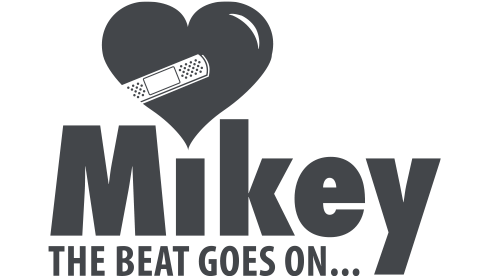November is CPR Month in Canada and various organizations are aiming to highlight the need for Canadians to know the proper procedures for resuscitating someone in an emergency situation.
The importance of knowing how to perform CPR is more important than ever, as each year 23,000 lives are taken because of heart attacks and cardiac arrest. Heart attacks may sometimes lead to cardiac arrest, a condition in which a person stops breathing and their heart stops pumping blood.
Fortunately for Canadians that are interested in learning how to save a life, there are many resources available that can teach you the proper procedures. We’ve composed some of these helpful resources into a list below.
CPR Resources
The Mikey Young at Heart App
The free app which was created to provide high school students with an understanding of CPR procedures and how to use an AED, is taught through instructional videos that they can view at their own pace. Not only is the app easy to use, the hours accumulated on it also count towards their volunteer hours that they will need to earn during the semester. Don’t worry if you’re not in school, the app can be used by anyone.
Download the app today to learn more.
Learn How To Maintain an AED
When using an AED, the odds of a life being saved are greatly increased, which is why it’s so important for people around the world to know how to use and operate an AED.Along with knowing how to use a defibrillator, it’s also hugely important that you know how to maintain and check if it’s working.
It is easy to make sure a defibrillator like our MIKEY’s are properly maintained and ready to save a life should the need arise. Follow the link here to learn how to properly maintain an AED. Click here to download our checklist and manual.
The St. Johns Ambulance
The National organization has been a stalwart for CPR information throughout Canada since their inception in 1883. They offer various courses depending on type of first aid training certifications that participants are looking for. They also act as a great source for any first aid guidelines and industry information as they are seen across Canada as the experts in certifications for first responders.
The Heart and Stroke Foundation
The organization which gathers funding and organizes studies in the areas of heart and stroke, is a great resource for information on how to respond to emergency situations. On their site they have short videos on how to react to a cardiac arrest, or how to use an AED; as well as some nice promotional materials that are downloadable and can be hung up in your workplace, school or home.
If you’re aware of another resource that you think is valuable, please feel free to let us know. Take the steps today, that can help save a life tomorrow.















